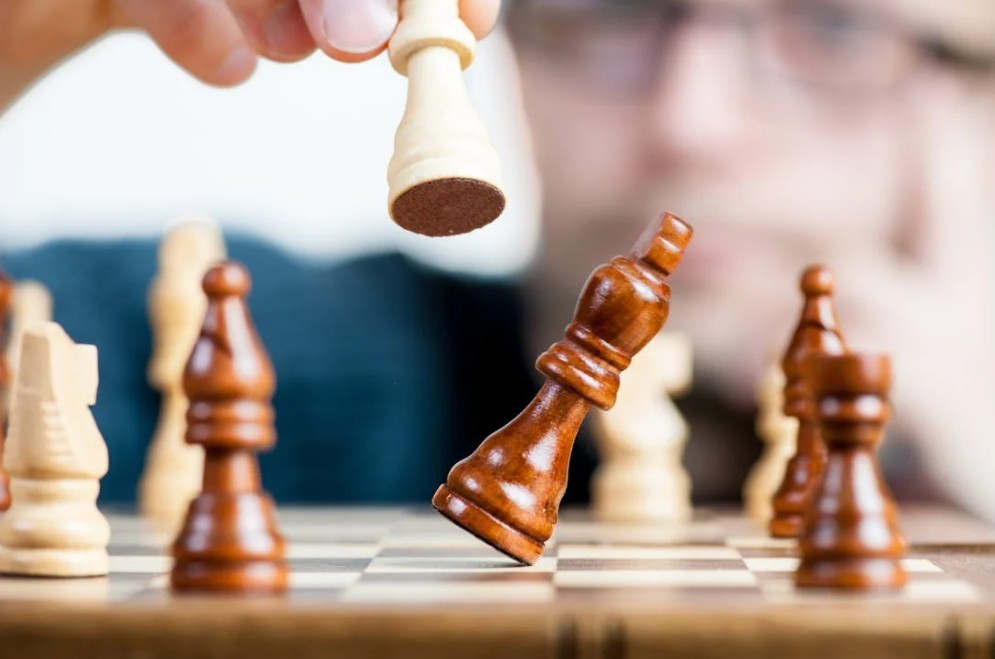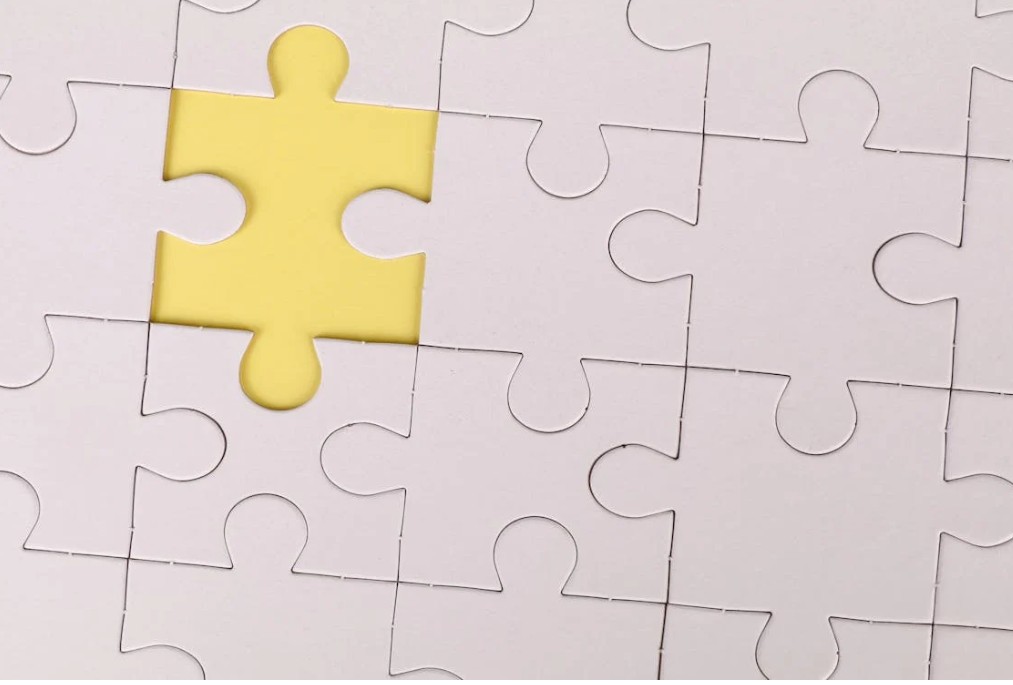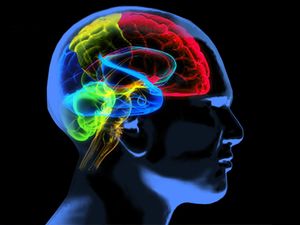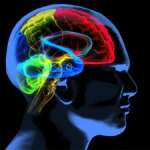Sudoku, a number-based puzzle, offers another enjoyable way to exercise the brain. Many people find it a fun challenge, and research indicates that playing sudoku may help improve cognitive performance, especially in terms of logic and concentration
Brain workouts are an effective way to improve and preserve cognitive function, helping to sharpen memory and slow down age-related mental decline. Engaging in memory activities, learning new skills, solving puzzles, and even playing certain video games can stimulate the brain and enhance its connectivity. These activities may protect against cognitive deterioration as we age, improving overall brain health. Here are some activities that can help keep your memory sharp.
Jigsaw puzzles require a variety of cognitive abilities and serve as a protective factor against visuospatial cognitive ageing. When assembling a puzzle, you need to assess the shape and color of each piece and determine where it fits in the larger image. This exercise can be an excellent way to engage your brain, testing your problem-solving skills and enhancing your attention to detail.

Solving crossword puzzles is another activity that can stimulate the brain. Computerized crossword puzzles have shown promising results in improving cognitive performance, particularly in patients with mild cognitive impairment. Studies suggest that crossword puzzles may be more beneficial for brain health than some video games, offering a great way to challenge memory and verbal skills while keeping your mind engaged.
Sudoku, a number-based puzzle, offers another enjoyable way to exercise the brain. Many people find it a fun challenge, and research indicates that playing sudoku may help improve cognitive performance, especially in terms of logic and concentration. This puzzle encourages mental agility and problem-solving, which can be especially useful for maintaining sharp cognitive function.
Playing chess is an age-old game that requires deep thought, strategy, and foresight. It is particularly beneficial for older individuals, helping to stave off cognitive decline. The mental stimulation from a chess game challenges various cognitive areas, such as memory, attention, and reasoning. However, it is important to note that chess may not significantly benefit those who already have conditions like dementia or other cognitive diseases that severely impair brain function.

Incorporating these activities into your routine can be a fun and effective way to enhance cognitive abilities, improve memory, and protect against age-related brain deterioration. Keeping your brain active with these brain workouts may help keep your mind sharp and healthy as you age.











